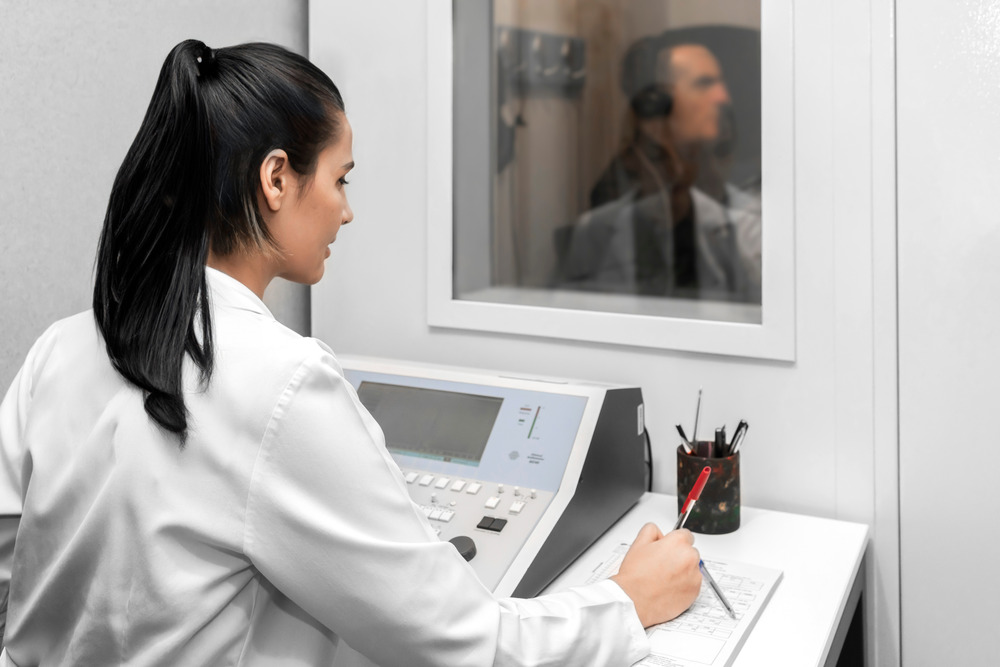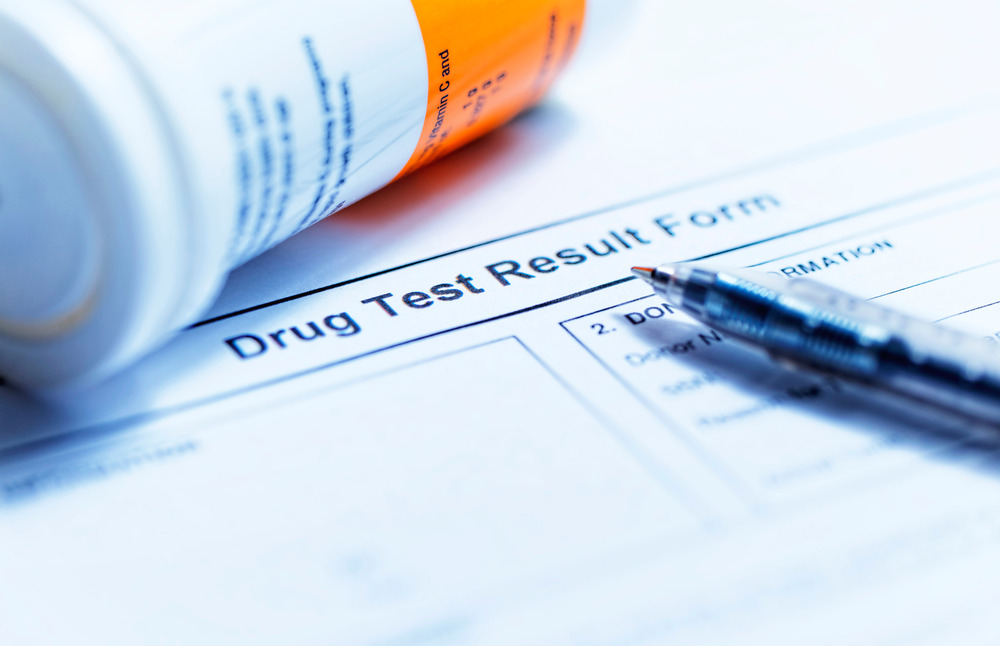The re-introduction of social contact into people’s lives brought about by the lifting of restrictions has been a change long awaited by many. However, it is not one that has come without its challenges. The transition has proven difficult for many people experiencing what some psychologists call ‘cave syndrome’. The anxieties around having to come back to ‘normal’ after a period of such extreme hardship can be daunting, especially coming out of one’s shell and re-learning how to live and work amongst others. The idea of being outside of our homes and amongst other human beings has become so controversial during the pandemic that it is perfectly understandable why some employees’ mental health has been affected in a negative way by having to come back into the world.
It is important that employees’ mental health is monitored and managed adequately for a number of reasons, one of which is the fact that you, as an employer, have a legal duty to do so. According to law, employers have the responsibility to look after the health and safety of their workforce as much as is reasonably practicable, and this includes mental health, too. Furthermore, making sure that your employees are in good mental health results in increase in productivity. When they feel safe and protected, workers are more likely to perform to their full potential. Neglecting their psychological well-being, on the other hand, can result in workers being demotivated and irritable, losing confidence, struggling with decision making and generally feeling less committed to their job.
So, what can you do as an employer to make sure your employees’ mental health is being looked after? There are a few steps that should be taken, but prevention is the one you should first start considering. Assessing work stressors, leadership and the risks involved is a big part of that, as well as ensuring that the workplace is a communication-friendly environment where people feel like they can trust you and each other.
Detection is the second step. Being able to notice when an employee is struggling can be of extreme importance, especially since many people don’t tend to be very open about mental health hardships at work for fear of being seen as somehow less worthy of an employee. Here are some signs you should be on the lookout for that might indicate poor mental health at the workplace:
- Uncharacteristic behaviour
- General disinterest or demotivation
- Avoidance of social communication
- Substance abuse
- Decrease in work quality
- Anxiety and paranoia

Providing adequate treatment is the third step and the best way to do this is by using the help of occupational health services. We at Healthscreen UK understand the importance of supporting your employees’ mental health and can help you supply your workforce with the mental health attention they need. We provide our Employee Assistance Programme which is designed to enable your employees to resolve personal or work-related issues that might be affecting their work in a negative manner. We offer counselling services in an independent, confidential environment and we have experience in the following areas:
- Anger management
- Work performance
- Work-related stress
- Personality clashes in the workplace
- Stress management
- Personal issues including bereavement and relationship difficulties
- Depression and anxiety
- Sleeping problems
- Illness and disability
- Harassment and bullying at work

Our Employee Assistance Programme will enable you to provide a more mental-health friendly and thus productive work environment. Supporting your workforce is one of the most important elements of supporting your business and should not be postponed or neglected. So, wait no longer: contact us today and we will make sure your employees receive the mental health care they deserve to face the challenges of the post-pandemic era.







